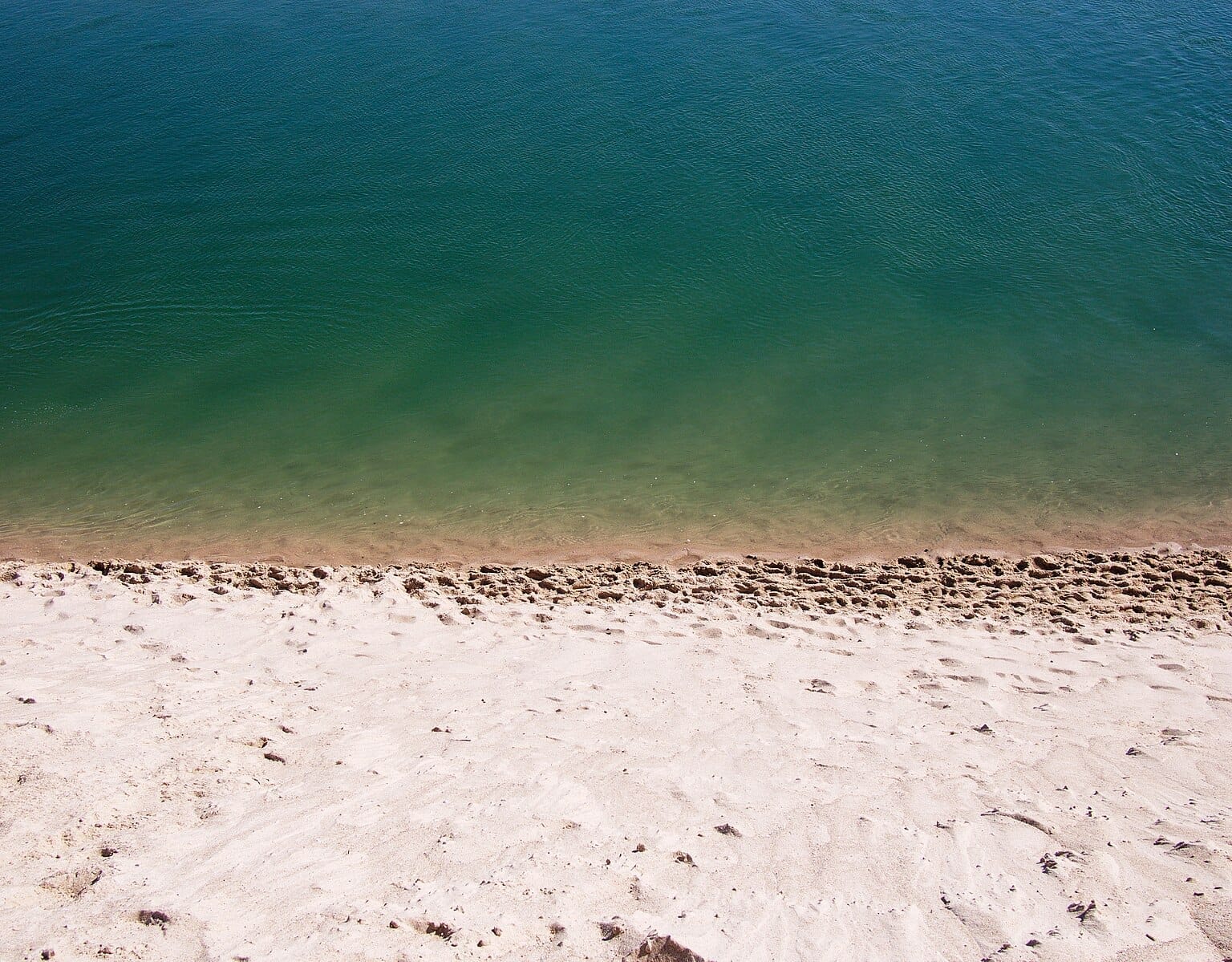Climate change is stripping oceans of their colour
Climate change is altering the colour of the world’s oceans. A study published in Science finds that ocean greenness is fading as phytoplankton decline due to warming surface waters and disrupted nutrient circulation – weakening marine carbon sinks in the process.

By Kalle Pusa
The world’s green oceans are losing their colour, according to a new study published in Science. The shift in hue is caused by a decline in the amount of phytoplankton in marine ecosystems.
Oceans owe their green tint to phytoplankton – microscopic organisms belonging to the algae family. These tiny plankton are crucial for absorbing carbon dioxide and releasing oxygen, making them vital components of Earth’s carbon cycle.
According to the study, the reduction in phytoplankton is linked to rising sea surface temperatures. As the surface warms faster than before, the temperature difference between ocean layers increases. Since phytoplankton depend on nutrients that rise from deeper layers, stronger stratification can block this movement, limiting nutrient supply and hindering growth.
In Finland, one of the most well-known phytoplankton species is the summer nuisance blue-green algae, or cyanobacteria. Though technically a bacterium, it is classified as phytoplankton because it photosynthesizes.
Broad impacts on carbon sinks and ecosystems
Researchers used deep-learning algorithms to analyze satellite data as well as data recorded by monitoring ships. The algorithms estimated the amount of chlorophyll-a – a measure of phytoplankton biomass – in the oceans.
Over 20 years, chlorophyll levels decreased by an average of 0.35 micrograms per cubic meter of seawater annually. The decline was twice as strong in coastal areas and up to four times greater in river deltas, likely due to human-caused pollution.
As phytoplankton vanish, so do their carbon-storing functions. The study estimates that the oceans’ ability to absorb carbon dioxide from the atmosphere has declined by about 0.088 percent per year – meaning the seas are taking in up to 32 million tons less CO₂ every year.
Phytoplankton form the base of every aquatic food chain, so their loss threatens marine biodiversity and ecosystem stability.
The findings challenge previous assumptions that warming oceans would become more eutrophied – more nutrient-rich and prone to algal blooms. Although the rate of phytoplankton loss varies regionally, the global trend is clear, and the authors note that earlier studies were not as comprehensive.
The results do not necessarily mean that Finland’s cyanobacteria problem will ease, as regional conditions vary widely. However, the decline in marine carbon sinks could require countries to tighten their emission targets.
“The weakening of marine carbon sinks means the pressure for stronger emission reductions is growing,” said Di Long, associate professor at Tsinghua University in Beijing and one of the study’s authors.
The findings were reported by The Guardian.





